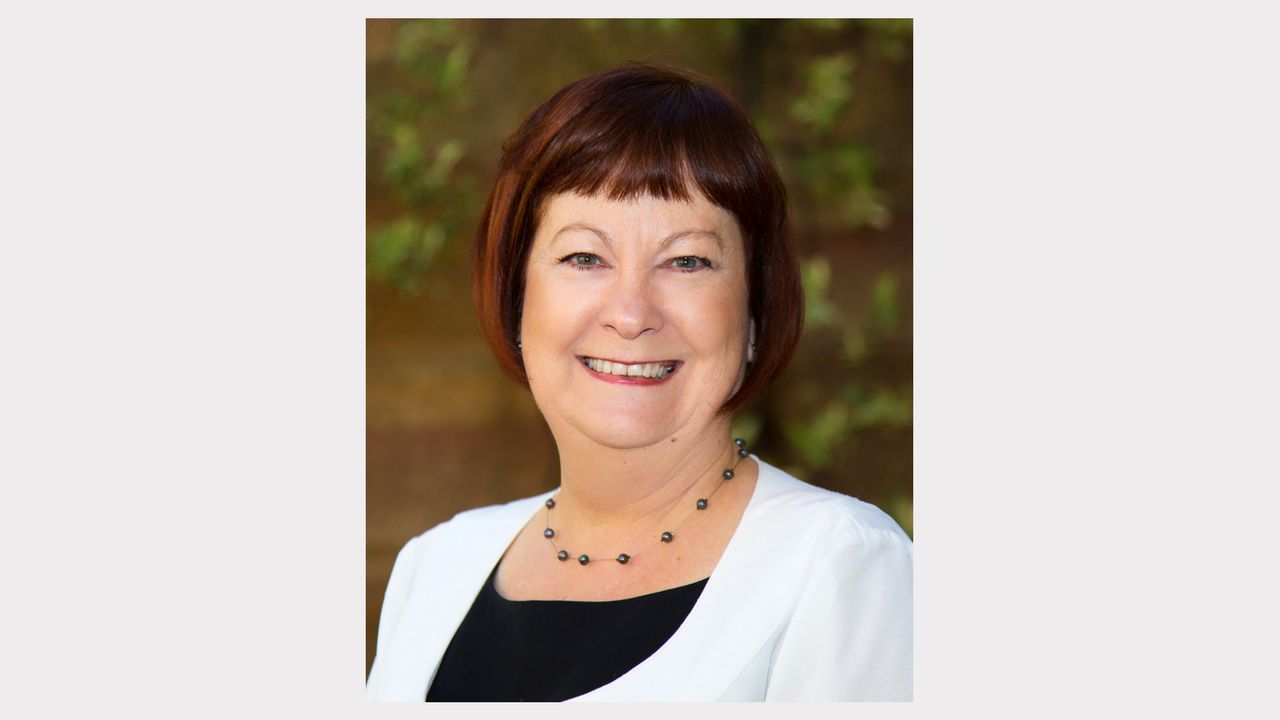Calvary Launch Virtual Research Institute
Calvary Launch Virtual Research Institute
by Maddison Gregor
Thursday, December 07, 2017
A new virtual research institute is bringing together four specialist palliative care units to further research to address the main priorities in palliative and end-of-life care.
Little Company of Mary Health Care have recently launched a new palliative and end-of-life care virtual research institute to profile the important research being undertaken in the field of palliative and end-of-life care. The institute encompasses research from four leading specialist palliative care services across the Calvary network of hospitals.
Calvary Bethlehem (VIC), Calvary Bruce (ACT), Calvary Mater Newcastle and Calvary Health Care Kogarah (NSW) are working together to form the one institute to conduct their research and share ideas to determine the main priorities that need to be addressed in palliative and end-of-life care.
Professor of Palliative Care at Calvary Health Care Kogarah, Adjunct Professor at the University of Notre Dame in Sydney and Chair of the research institute, Professor Liz Lobb, highlighted the positive impact of the institute and the importance of collaborating across the four Calvary palliative care units.
”The Calvary network is one of the largest providers of palliative care in Australia. The institute will address the critical questions that will lead us into the future as models and patterns of care change over time.
“Across the four sites there are at least 1200 patients in community palliative care and 150 in-patient beds. This gives us a strong base of clinicians, patients and family members who we can work with to identify issues of concern.
“It is critical that we provide evidence-based care based on national and international research agendas. It is then extremely important to collaborate on a state, national and international scale,” Professor Lobb said.
The research undertaken by the institute will focus on patient symptom management and address some of the more common symptoms in palliative care such as pain, nausea, breathlessness and delirium. The research will also focus on psychosocial aspects to understand the experiences of patients and their families during end-of-life care and afterwards through their experience of grief.
Professor Lobb also highlighted the importance of clinically based research to enable accurate data collection while minimising patient burden in participating in the studies.
“Any research we do will address important clinical and psychosocial questions with practical implications. These can be questions that come up in everyday practise with our clinicians. The institute will allow us to work closely with our staff who are at the coal face.
“We are working with a vulnerable patient population and are very much guided by the feedback we receive from the patients. At every point of the study, we receive feedback from the patients and their carers ensuring their health and wellbeing is always at the forefront.
“Many of the studies are high level evidence such as randomised controlled trials, however, we also collect data such as patients keeping diaries and conducting interviews with patients and their carers. The research is about balancing the two and combining the results,” Professor Lobb said.
The institute also concurrently launched a website to enable the public to access the studies that are in progress and see reports from completed studies across the four specialist palliative care units. The website will also allow clinicians, patients and carers to understand the type of research that is being conducted and present a clear vision of the main priorities needing to be addressed in palliative care.
For further information please visit the website.
